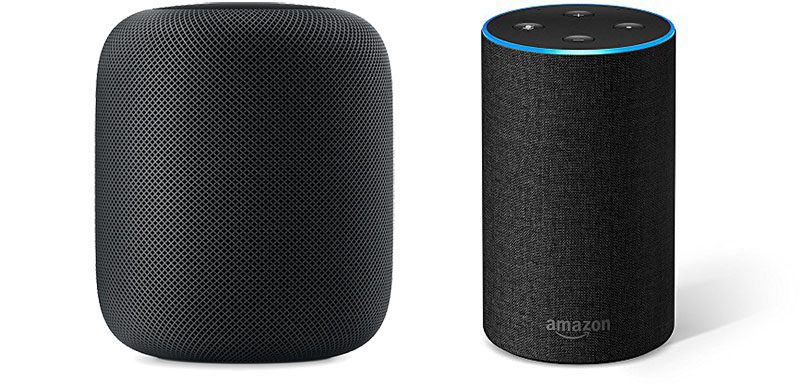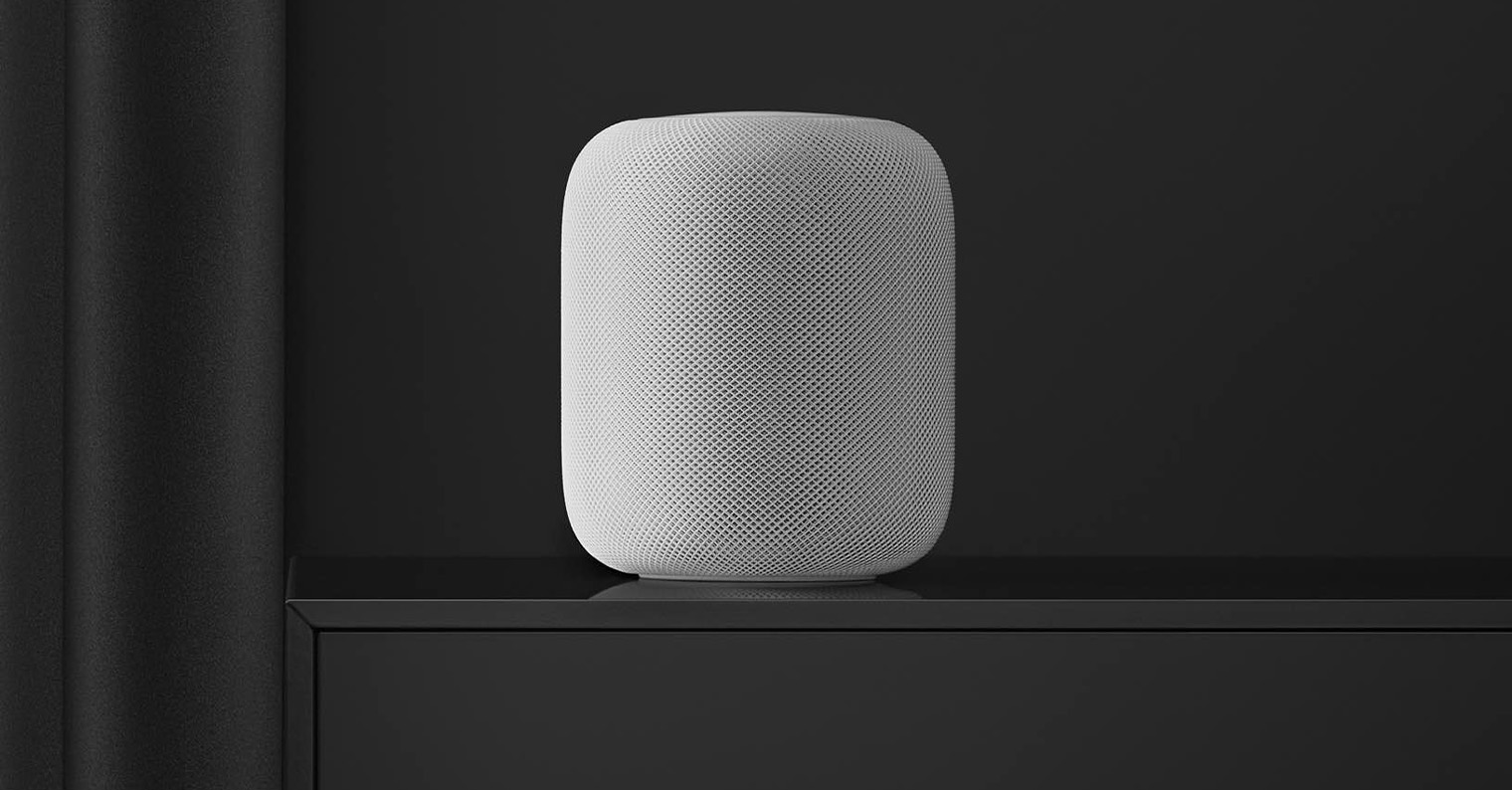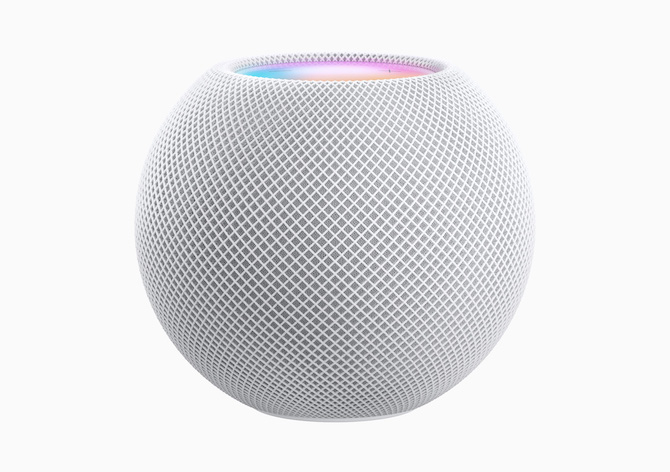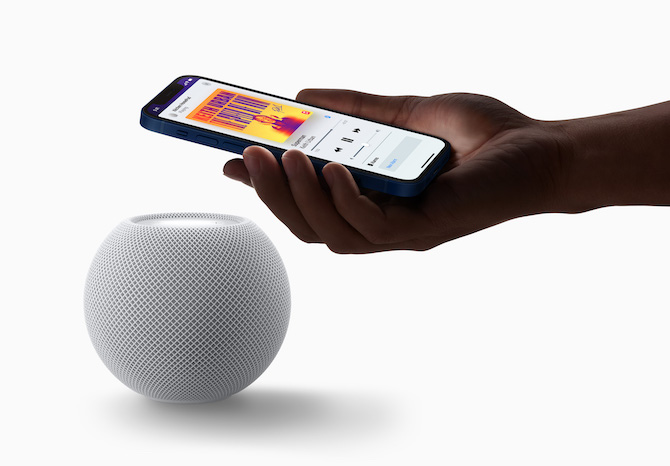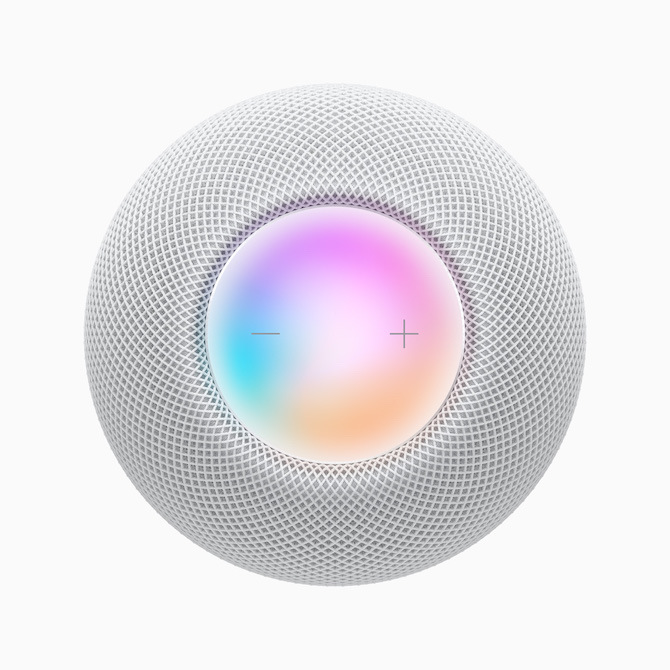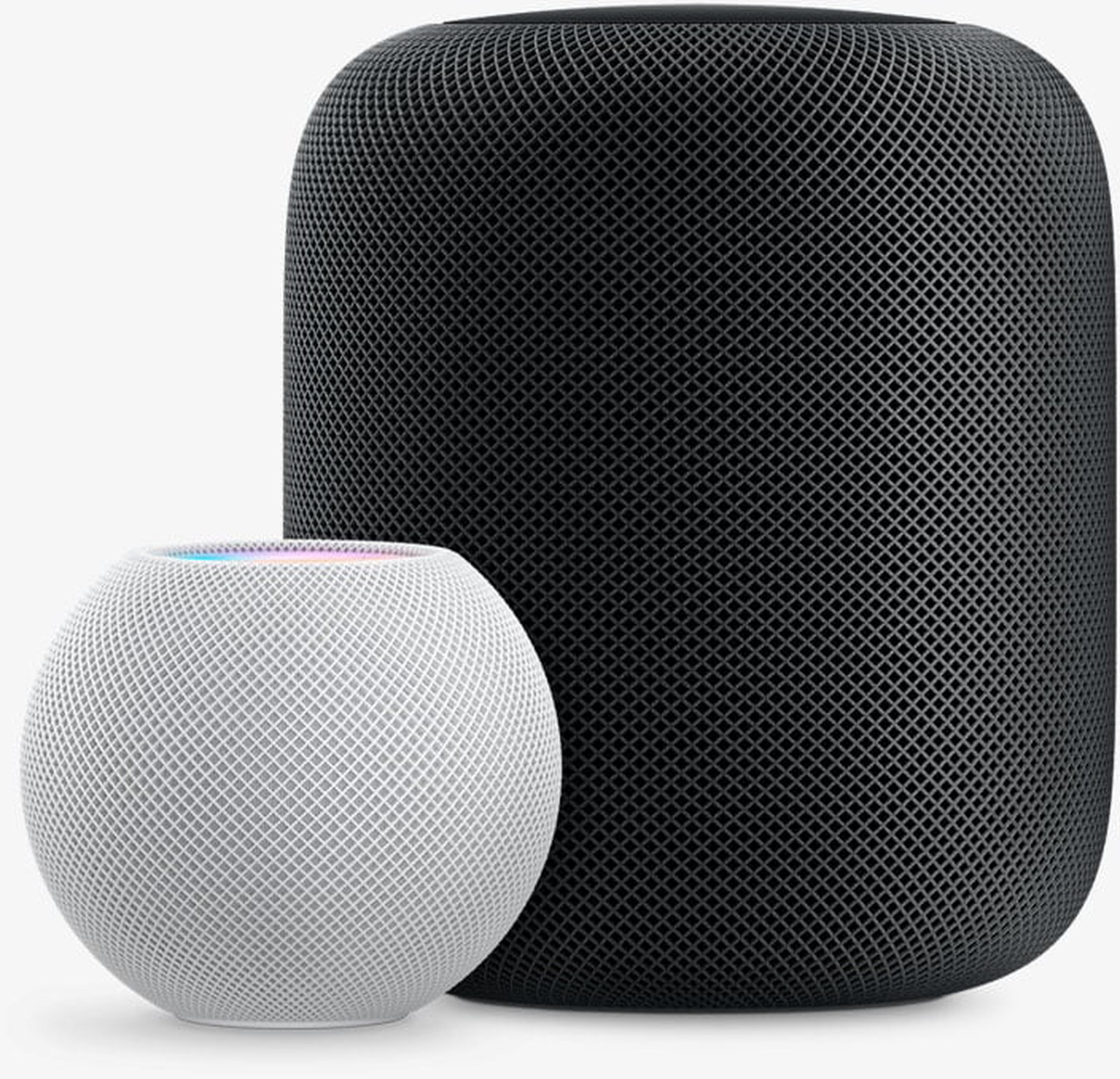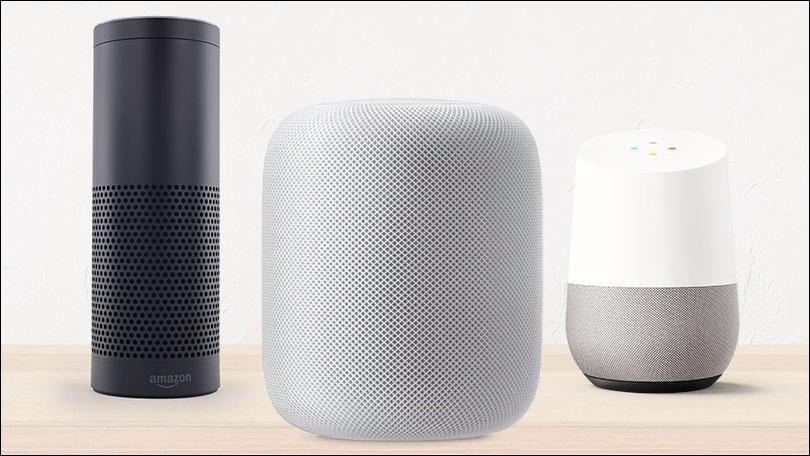In the last few years, more and more people have become aware of smart home products, which include light bulbs, air purifiers, and perhaps even robotic vacuum cleaners. We can use several devices as a home center, smart ones are very popular speakers. In today's article, we will analyze both their usability as such, and smart homes themselves.
It could be interest you
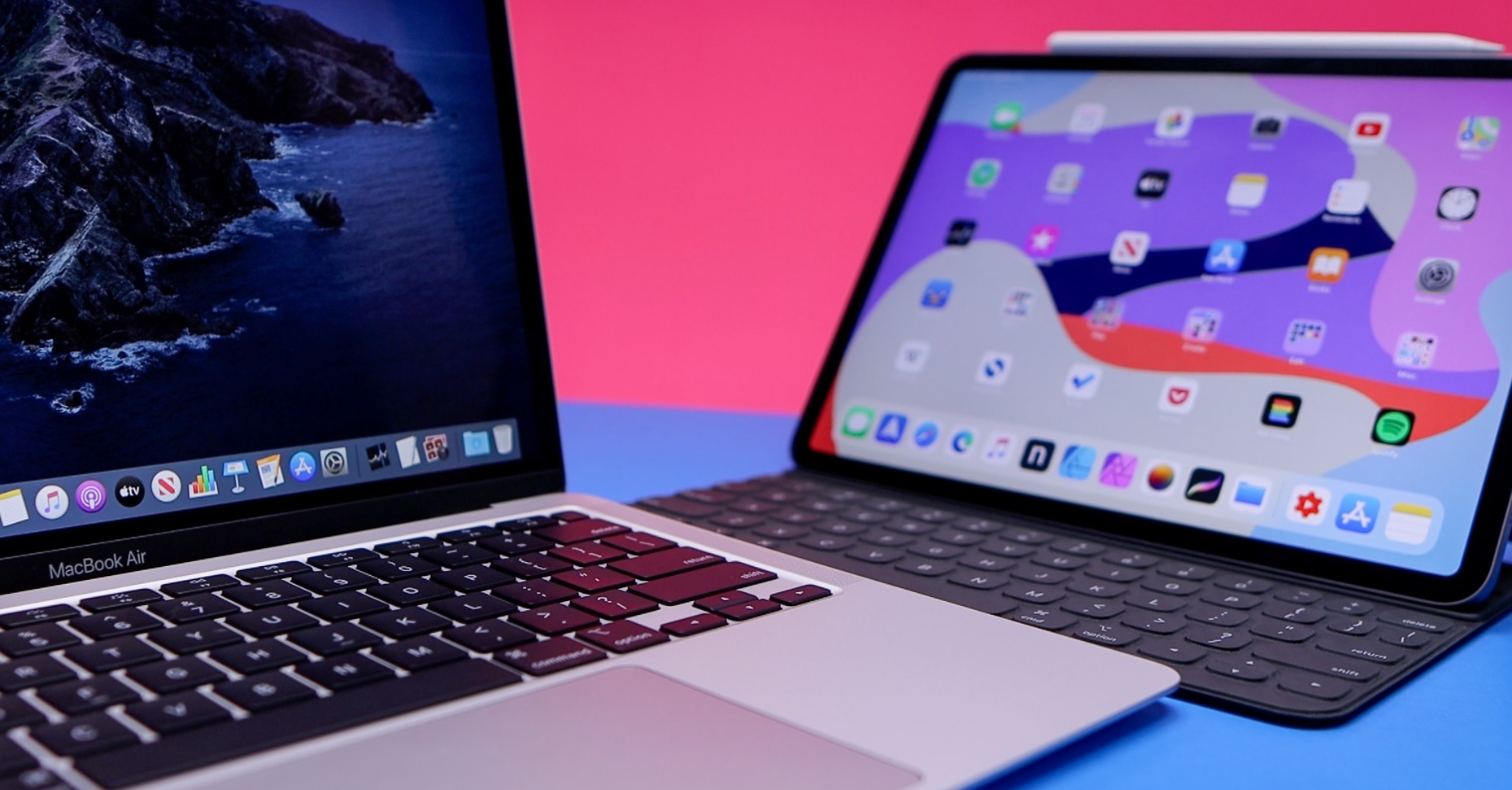
At the very beginning, I will introduce a bit of theory into the article. If someone tells you that they are visually impaired, it does not mean that they do not have at least some visual orientation. It is certainly not the purpose of this article to go into detail about exactly how blindness is distributed or what other disadvantages you may encounter. In a very simple way, however, it could be said that there are individuals among us who manage to orient themselves at least a little with their eyes, then people who can only see outlines, then people with light sensitivity and individuals who can't see anything at all. Once again, I would like to point out that this is not an exact division, there are countless types of visual impairment.
A smart speaker, and it doesn't matter if we're talking about HomePod, Google Home or Amazon Echo, in my opinion is especially important for quickly finding out information, reading out messages, e-mails or calendar events or playing music. However, if you add smart lights to that, I'd say it takes the usage to a new level, especially for users who can't even detect light with their eyes. Of course, there are devices or mobile applications that detect your light with the help of a camera, and you can then check whether your lights are off in all rooms. However, it is much faster and more efficient to ask about the status of the speaker lights, or turn them off by voice.
It could be interest you
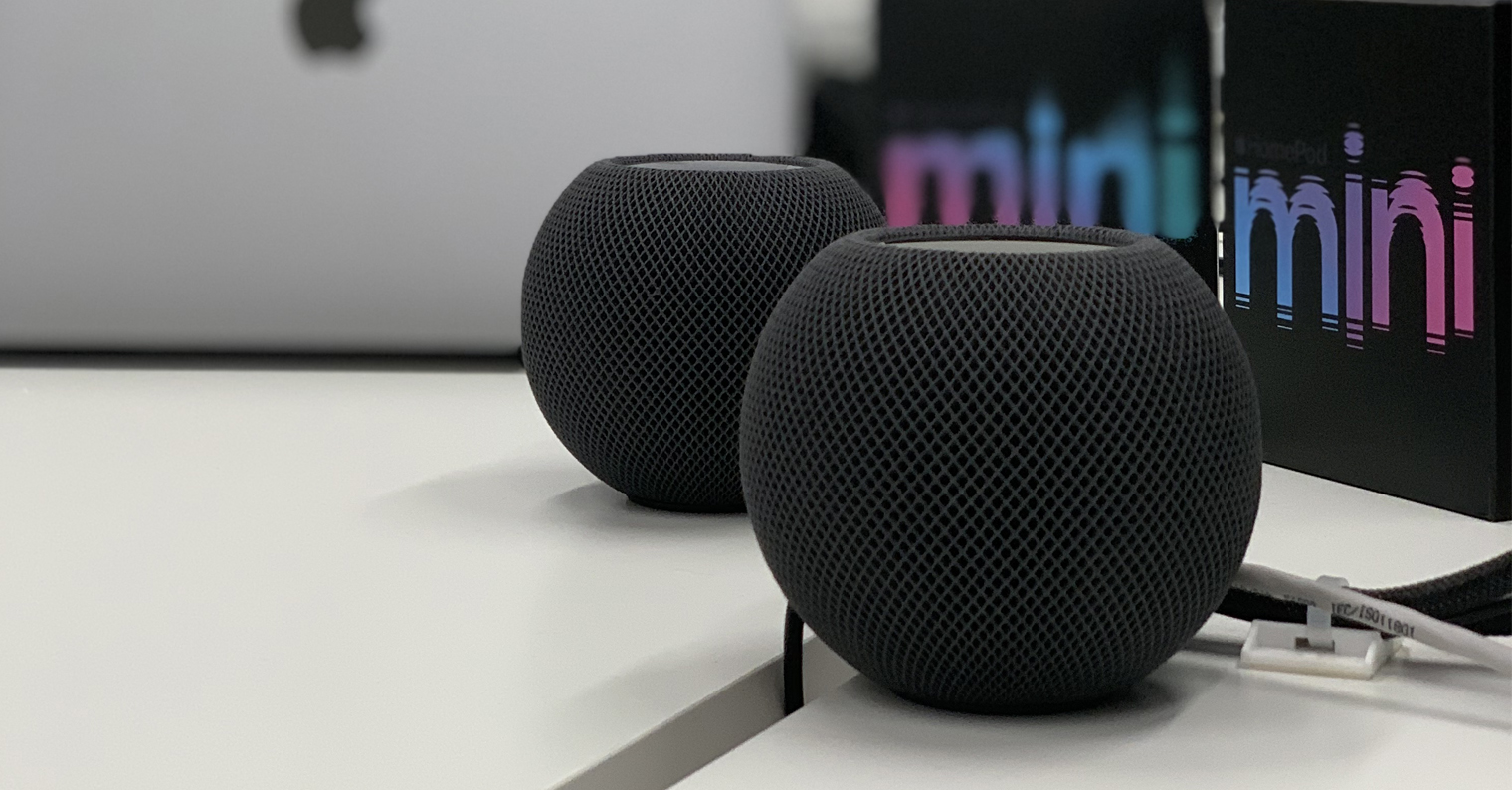
Many of you are probably thinking that these speakers are not quite the ideal solution in terms of privacy, as they have microphones constantly on and constantly recording the environment. But we're not going to lie, this is how your phone, tablet, computer, watch, and basically all the devices you own are eavesdropping on you. If eavesdropping really bothers you, you can disable it, but you will lose convenience. The moment someone objects to me that the microphones on devices such as phones, tablets, watches or computers are much more covered, on the one hand, I can't say half a word. But the essential fact is that, for example, you carry your phone with you all the time. And honestly, how many times do you leave your smartphone lying on the table during a conversation or a nice dinner. I'm not saying that surveillance is the way to go from a privacy perspective, but unfortunately there's not much we can do about it at this time. The only option is to stop using modern technology, but that is impossible for the vast majority of us.
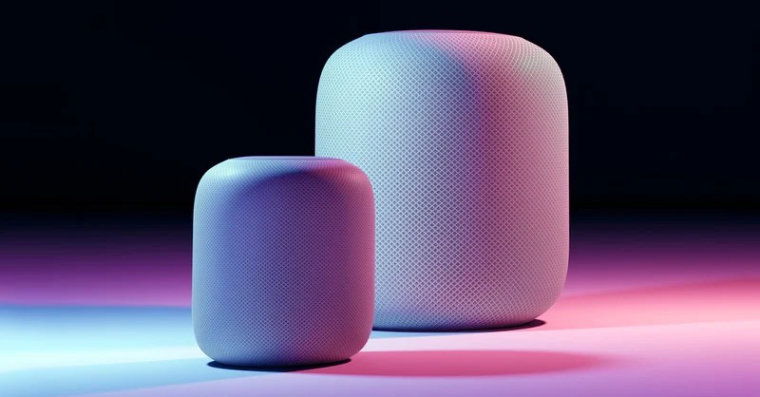
I think a well-equipped smart home with a speaker in the lead can really help people without any residual vision. For others, both blind and sighted, this is an interesting gadget that can make life easier if you learn how to use it effectively. I myself own a smart speaker, and we use a robotic vacuum cleaner in the family. Thanks to this, the vacuum cleaner can at least clean the surface without any problem after leaving the house. It really depends on the preferences of each individual user, it is impossible to say unequivocally for whom a smart home is suitable and for whom it is not.
